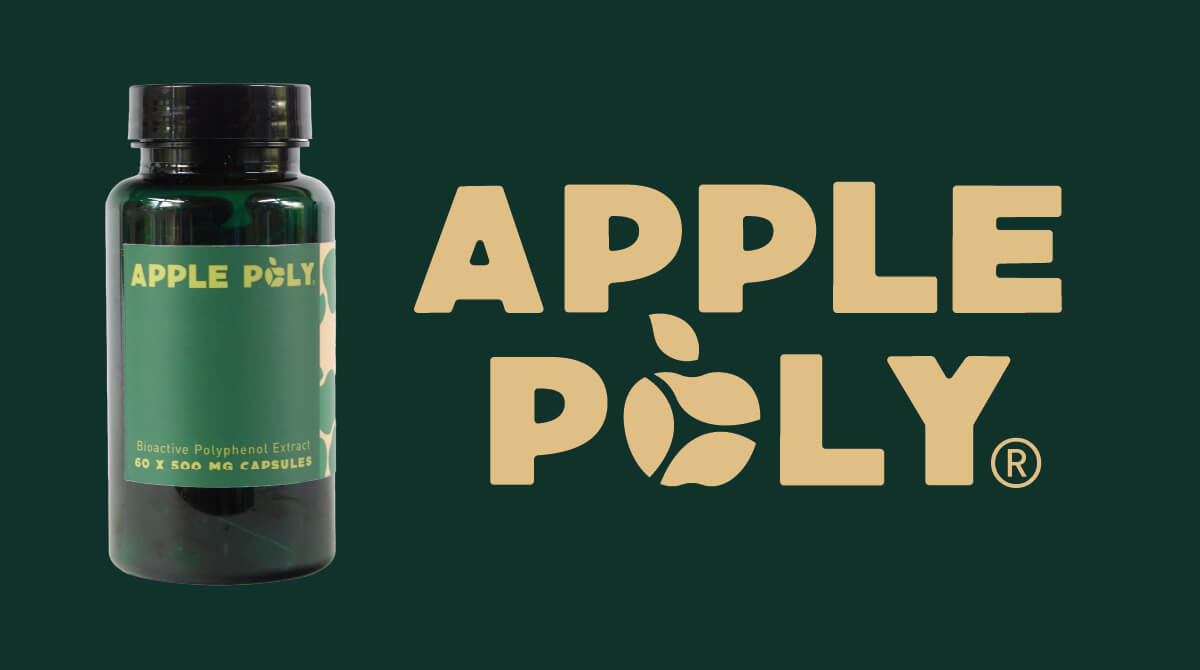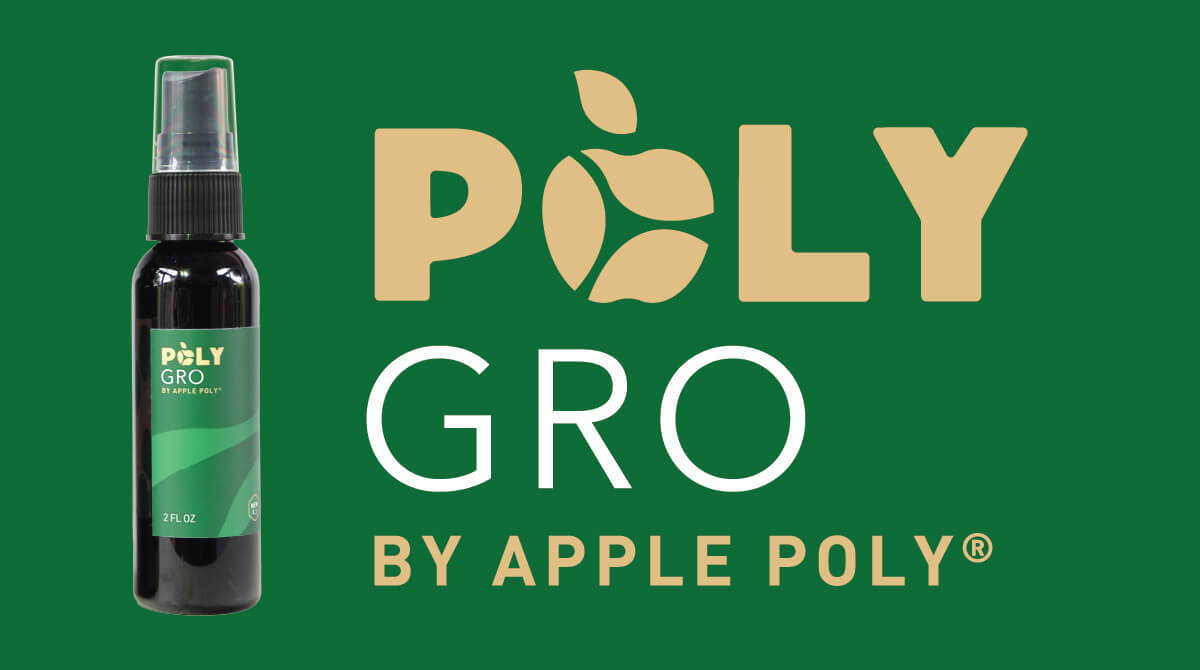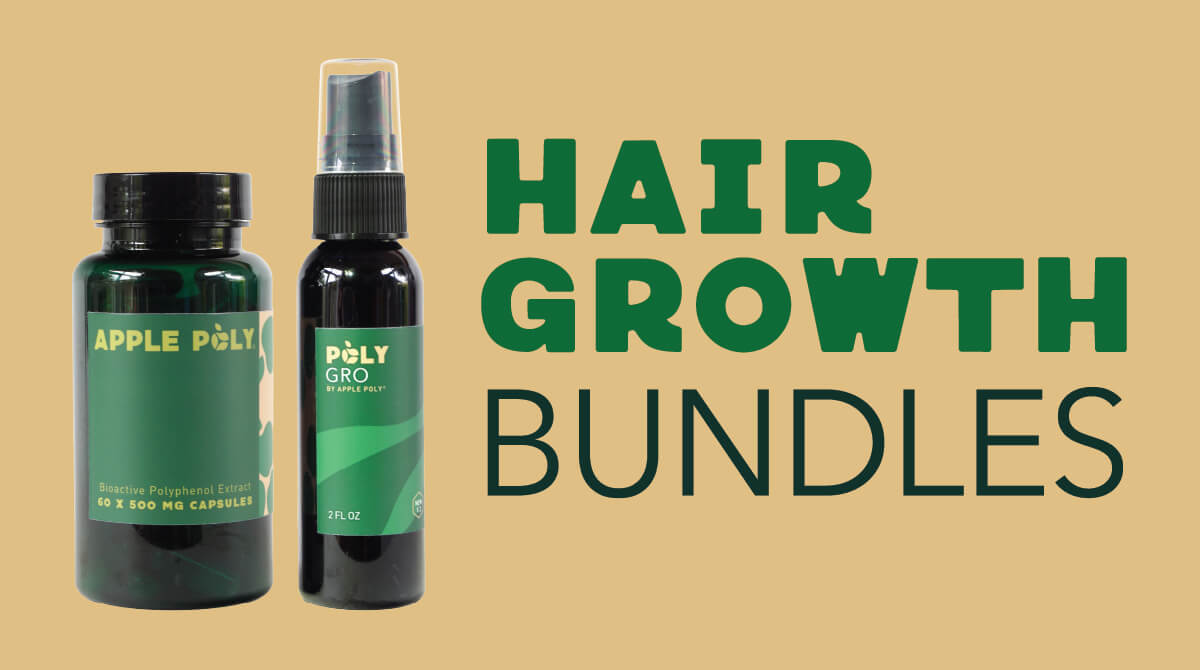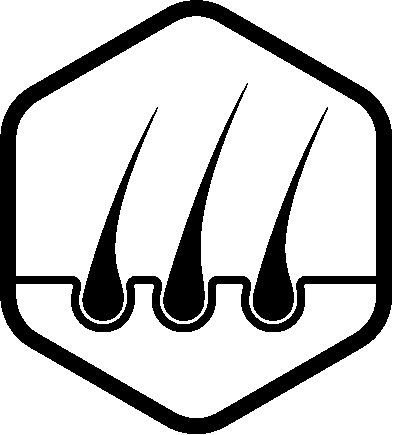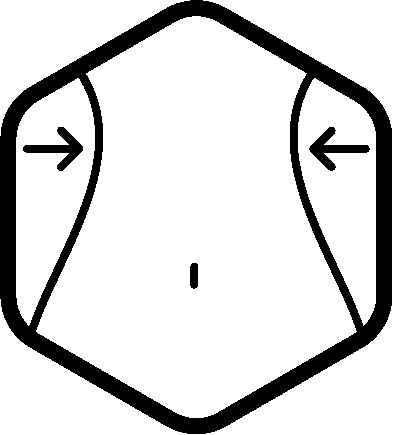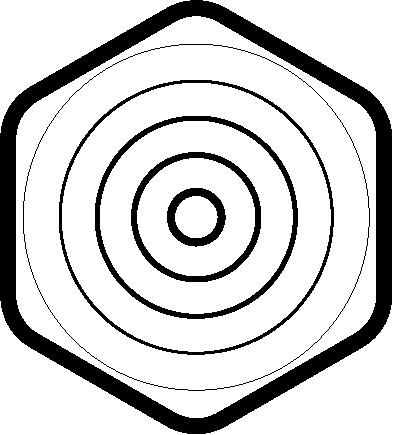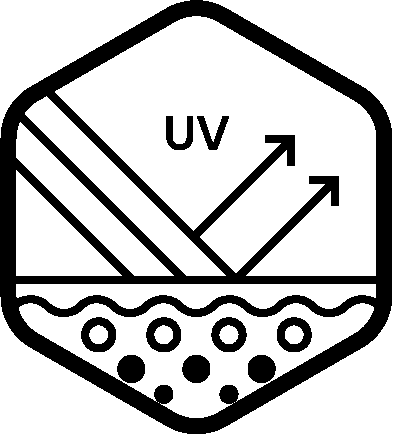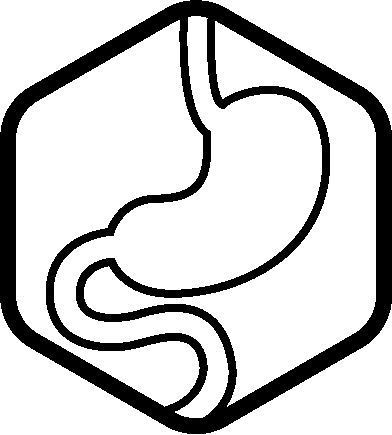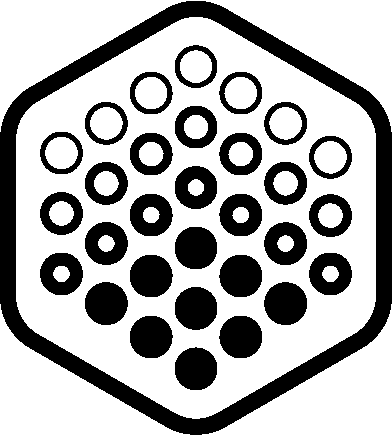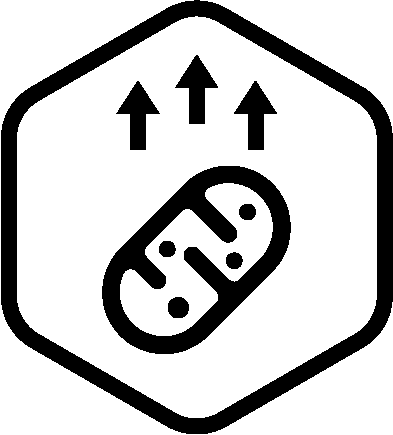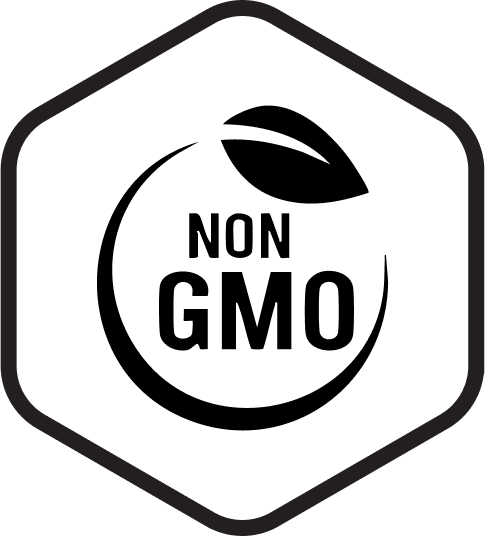Publication Date:
2024-05-13
Institutions involved:
- Department of Biomedical Science, Kyungpook National University, Daegu, Korea
- BK21 Plus KNU Biomedical Convergence Program
- Ppeum Clinic Daegu
- Department of Molecular Medicine, School of Medicine, Kyungpook National University
- Cell and Matrix Research Institute, Kyungpook National University
- Lapivu Co., Ltd.
Participants:
Literature review, summarizes findings from in vitro, ex vivo, in vivo, and human clinical trials.
Duration:
N/A
Dosage:
No standardized dosage reported
Learn more
Try Apple Poly Now
Key Takeaways:
Eight out of nine critical hair growth pathways—unlocked by one compound. No other drug or botanical comes close to apple procyanidins.
Unlike single-target drugs, apple polyphenols work across inflammation, blood flow, stem cell activation, and follicle cycling toward hair restoration.
This review connects ancient plant wisdom with modern molecular biology, showing how nature’s compounds can rival lab-made treatments in effectiveness and safety.
Apple Poly Summary:
Why Is This Study Important? This review synthesizes decades of research on plant-based therapies for hair loss, offering a mechanistic map of how natural compounds influence follicular biology. It’s especially relevant as consumers and clinicians seek alternatives to synthetic drugs like minoxidil and finasteride. The paper bridges basic science with clinical relevance, making it a valuable reference for both researchers and product developers.
You Should Know: Apple procyanidins are proven to influence 8 of the 9 hair growth and hair loss factors identified in this study. To date, no other drug or natural compound has demonstrated such comprehensive action across the key molecular pathways governing hair follicle regeneration.
In Plain English: This study looks at how plant extracts might help stop hair loss or help hair grow back. It shows that some natural ingredients can help hair cells grow and survive, and that a few have worked in human trials.
For Medical Professionals: This narrative review evaluates the therapeutic efficacy of plant-derived compounds in modulating hair follicle biology. It highlights phytochemicals that influence dermal papilla cell proliferation, anagen phase induction, and key signaling pathways (WNT, SHH, IGF-1, TGF-β). The review integrates in vitro, ex vivo, in vivo, and clinical trial data, offering a translational overview of botanical interventions for alopecia.
Abstract:
This narrative review aims to examine the therapeutic potential and mechanism of action of plant extracts in preventing and treating alopecia (baldness). We searched and selected research papers on plant extracts related to hair loss, hair growth, or hair regrowth, and comprehensively compared the therapeutic efficacies, phytochemical components, and modulatory targets of plant extracts. These studies showed that various plant extracts increased the survival and proliferation of dermal papilla cells in vitro, enhanced cell proliferation and hair growth in hair follicles ex vivo, and promoted hair growth or regrowth in animal models in vivo. The hair growth-promoting efficacy of several plant extracts was verified in clinical trials. Some phenolic compounds, terpenes and terpenoids, sulfur-containing compounds, and fatty acids were identified as active compounds contained in plant extracts.
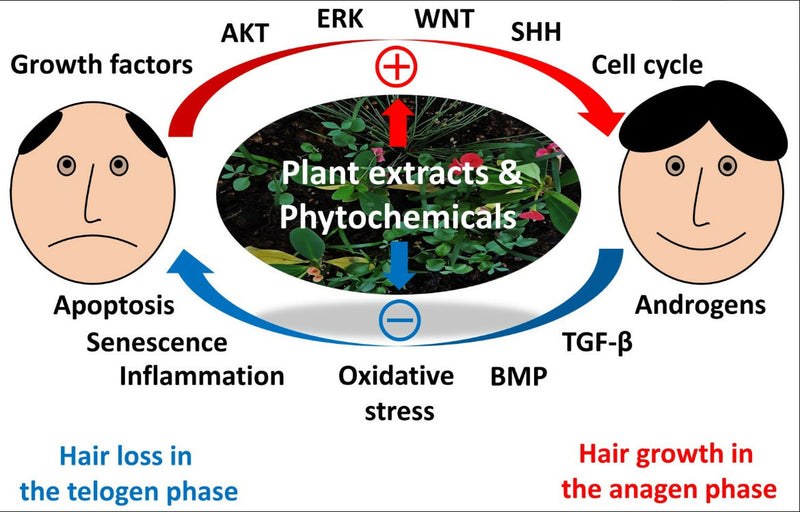
Choi, Joon Yong, et al. “Can Plant Extracts Help Prevent Hair Loss or Promote Hair Growth? A Review Comparing Their Therapeutic Efficacies, Phytochemical Components, and Modulatory Targets.” Molecules, vol. 29, no. 10, 2024, p. 2288. MDPI, https://doi.org/10.3390/molecules29102288..
